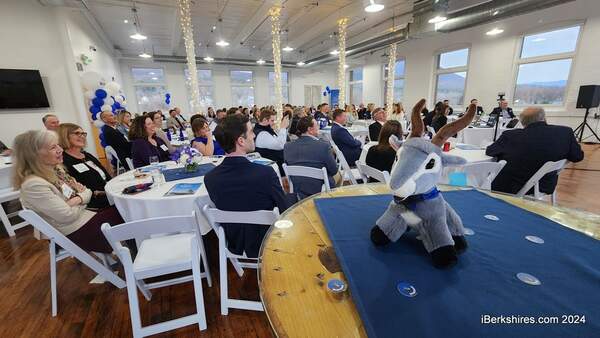
Leaving Your Job? What Happens to Your 401(k)?
 |
If you're in the early stages of your working life – or even in the not-so-early ones – the chances are pretty good that you will change jobs at some point. When that happens, you will probably leave a few things behind – but will one of them be your 401(k)?
Of course, you wouldn't really forget about your 401(k). (It does happen, however – over the period from 2004 through 2013, more than 25 million people left at least one 401(k) or similar plan behind when they left their job, according to the U.S. Government Accountability Office.) But you will have to do something with your account.
Essentially, you have four choices:
* You can cash out your 401(k). It's your money, but if you take it out before you reach 59 1/2, you will owe federal income taxes, plus any applicable state and local taxes. Also, you will likely be charged a 10 percent penalty for early withdrawal. Perhaps even more important, if you liquidate your 401(k) when you change jobs, you will be reducing the amount you will have left for retirement.
* You can leave your 401(k) with your old employer. If your former employer permits it, you can leave your 401(k) intact, even after you move to a different job. This might be appealing to you if you like the investment choices in your account, but you won't be able to make any new contributions. Plus, you won't face any immediate tax consequences.
* You can move the money to your new employer's 401(k). You can consolidate your old 401(k) with one offered by your new employer, if allowed. You won't take a tax hit, and you might like your new plan's investment options. And you may find it easier to manage your funds if they are all held in one place.
* You can roll your 401(k) into an IRA. You don't need the permission from any employer – old or new – to move your old 401(k) to an IRA. Your money will continue to grow on a tax-deferred basis, and an IRA offers you a virtually unlimited array of investment options – stocks, bonds, mutual funds and so on. You can make either a direct or indirect rollover. With a direct rollover, the administrator of your old 401(k) sends your money directly to the financial provider that holds your rollover IRA. No tax is withheld because you never actually take possession of the money. With an indirect rollover, you're technically withdrawing the money and moving it to the IRA provider yourself. (You've got 60 days to make this transfer.) You will face a withholding of 20 percent of your account’s assets, but you may be able to recover most of this amount when you file your tax return. Still, for the sake of ease of movement and avoidance of all tax issues, a direct rollover may be more advantageous.
Which of these options is right for you? There's no one "right" answer for everyone. You will have to consider several factors, and you will certainly want to consult your tax professional before making any decision. But in any case, do whatever you can to preserve – and hopefully grow – your 401(k) assets. You will need these resources to help fund the retirement lifestyle you want and deserve.
This article was written by Edward Jones for use by your local Edward Jones financial advisor. Courtesy of Rob Adams, 71 Main Street, North Adams, MA 01247, 413-664-9253.. Edward Jones, its employees and financial advisors cannot provide tax or legal advice. You should consult your attorney or qualified tax advisor regarding your situation. For more information, see EdwardJones.com.















